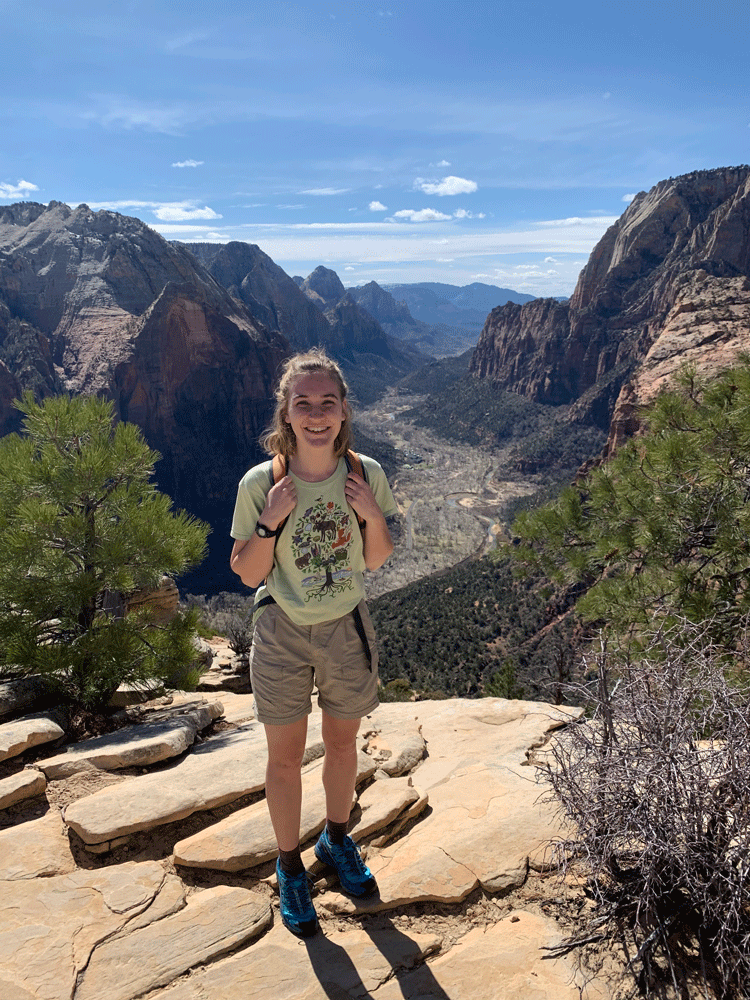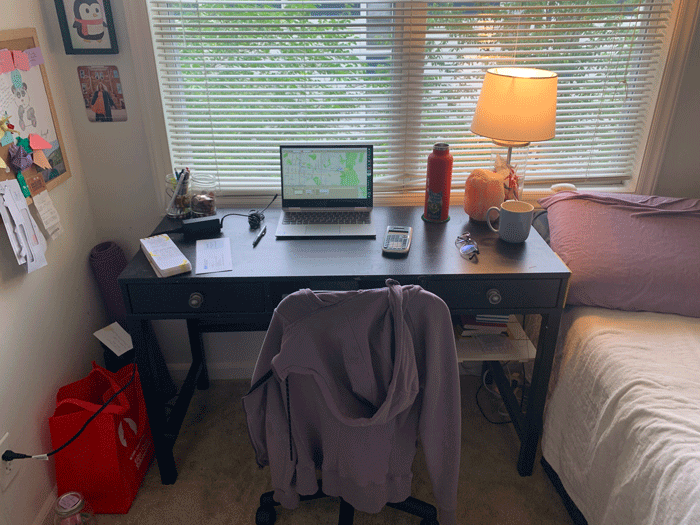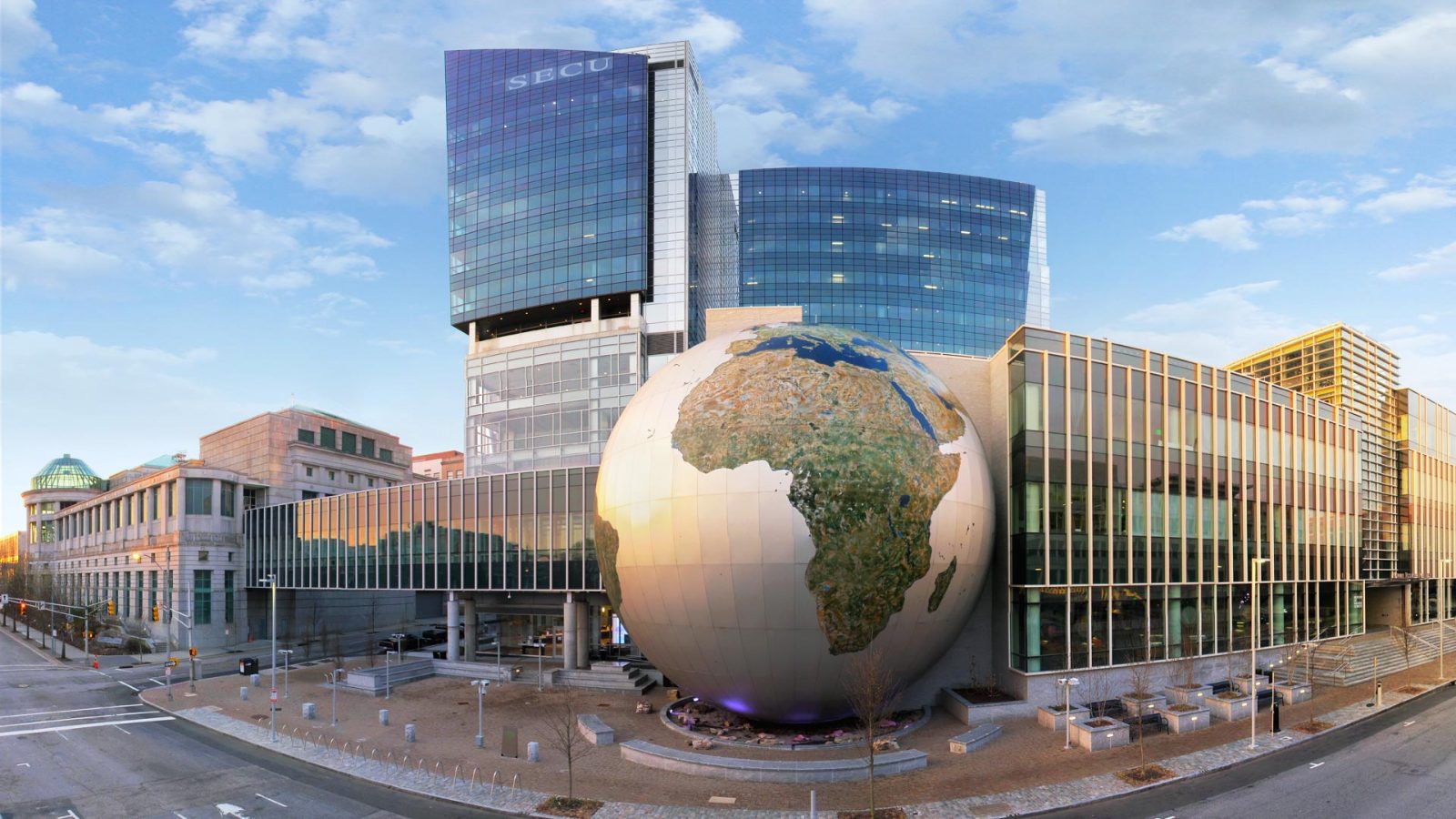
Among the many rippling effects of the coronavirus pandemic, some students have found themselves without the internships that they had planned on taking on over the summer.
Luckily for Kyra Sigler, she has been able to continue her summer internship at the Museum of Natural Sciences. She will be working as a marine biology data curation intern for the North Carolina Museum of Natural Sciences. The senior majoring in biological engineering will work remotely in her role.
“I know that many internship programs have been canceled this summer due to their inability to be converted to a remote format so I feel extremely lucky to have one as applicable as this for the summer,” “Even working remotely, I know I will learn so much about working with big data sets and data curation, all while being able to provide a valuable public resource for researchers everywhere.”
Sigler became interested in the internship after seeing that it would incorporate a topic that interests her: marine biology. Last summer she had an internship last summer with the North Carolina Department of Agriculture in the Soil and Water Conservation division. Her previous internships have been really different but they have both taught her a lot.
The museum has over 1.4 million specimens but because of the remote nature of the internship, Sigler won’t be able to actually work with the specimens. Instead, she’ll be updating and entering locality information and georeferencing coordinates for speciments collected all over North Carolina.

“We’re entering all this info into a giant database that is free to the public so that future researchers will have all this data readily available to them which is one of the reasons I think this internship is so cool,” notes Sigler.
Sigler wanted to gain experience working with large dataset as a lot of research requires managing large amounts of data.
“It’s hard to know if this is something I’d want to pursue after graduating because I really only get to do half of the work since it’s remote and I’ve only been working at it for 2 weeks,” “But I am enjoying it so far so maybe.”
As for her future, Sigler wants to go to graduate school to get her PhD in biological engineering or applied ecology.
“I’m doing research right now at the Walnut Creek wetland center and I really like working with treatment wetlands and learning about the long term effectiveness of them and how we could improve upon that,” Sigler adds. “Hopefully one day I’ll be a professor.”

